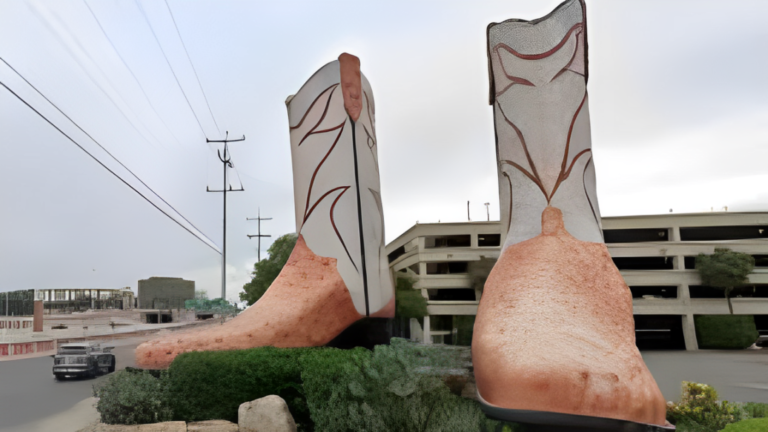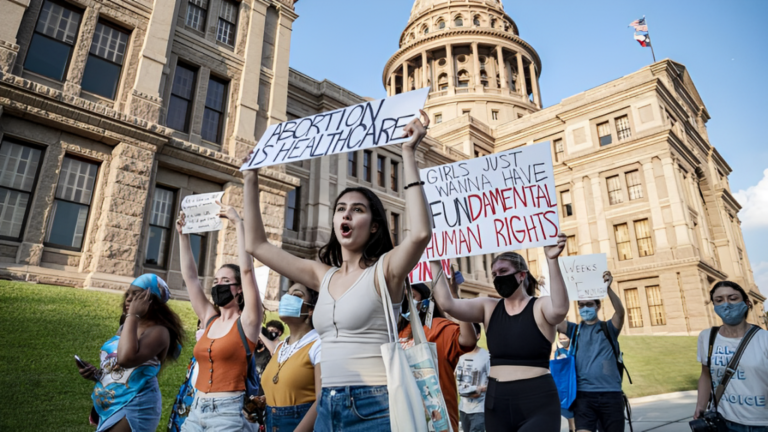Changes are coming to Social Security retirement benefits, and some users may be dissatisfied with how they affect them. One of the most contentious issues is the removal of the Windfall Elimination Provision (WEP), which would affect many retirees.
According to the Social Security Administration (SSA), the WEP is “a formula used to adjust Social Security worker benefits for people who receive “non-covered pensions” and are eligible for Social Security benefits based on other Social Security-covered earnings.” A non-covered pension is one provided by an employer who does not deduct Social Security taxes from your income, such as state and local governments or non-U.S. companies.”
This means that the WEP is intended to equalize benefits for beneficiaries who receive pensions without contributing to the system through taxes while cutting payouts for those who have not worked the required 35 full years to obtain the maximum retirement benefit. This is because it is assumed that the pension will cover the amount of money a person should have gotten after a lifetime of labor.
This can be detrimental to persons who have worked in both the private and public sectors or in pensioned and non-pensioned jobs throughout their lives, as benefits are sometimes decreased in circumstances where the individual has earned credits and should be entitled to a greater Social Security income.
But one group in particular is disproportionately affected by the WEP provision: immigrants.
How does the WEP affect the Social Security payments of immigrants?
It makes no difference whether you are an American citizen living and working abroad who returns home for retirement with a pension or an American resident who previously worked outside of the country and now has both a foreign and domestic right to benefits; the impact is the same and equally damaging.
According to change.org, which spearheaded a petition to repeal this provision, the WEP affects “U.S. citizens who have worked outside the United States, naturalized U.S. citizens who have worked in their country of birth, and legal immigrants all have their monthly Social Security pension significantly reduced because they receive a foreign pension.” In 2023, their Social Security pension may be decreased by up to $557.50 monthly. The WEP disproportionately impacts lower-income earners, with a considerable number of these earners being foreign pension claimants whose total income is frequently at or near the poverty line.”
Fortunately, thanks to this petition and the efforts of many lawmakers (the bill to repeal WEP had a lot of support in the House of Representatives, including the Speaker of the House), this provision, along with another one that is frequently used in conjunction, the Government Pension Offset (GPO), which “adjusts Social Security spousal or widow(er) benefits for people who receive “non-covered pensions,” has been repealed.
Reps. Abigail Spanberger, D-Va., and Garret Graves, R-La., co-leaders of the bill, spoke in length about their joy at having it finally enacted and these obsolete provisions repealed.
“This has been 40 years of treating people differently, discriminating against a certain set of workers,” Graves told the crowd. “They’re not people that are overpaid; they’re not people that are underworked,” he told me.
“The long-term solvency of Social Security is an issue that Congress must address,” Spanberger stated on the House floor on Tuesday. “But that is a separate issue from allowing Americans who did their part, who contributed their earnings, for them to retire with dignity,” according to her.
While much work remains to ensure that benefits are adequate and cover beneficiaries’ needs, eliminating the WEP is a positive first step toward ensuring that individuals who have worked receive their fair share.




























+ There are no comments
Add yours